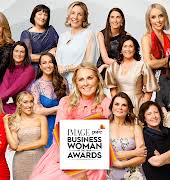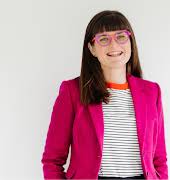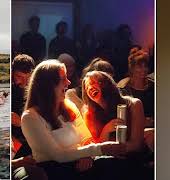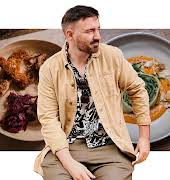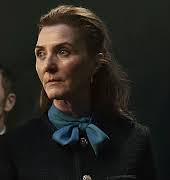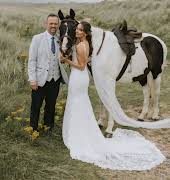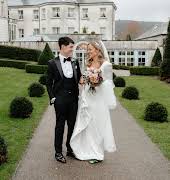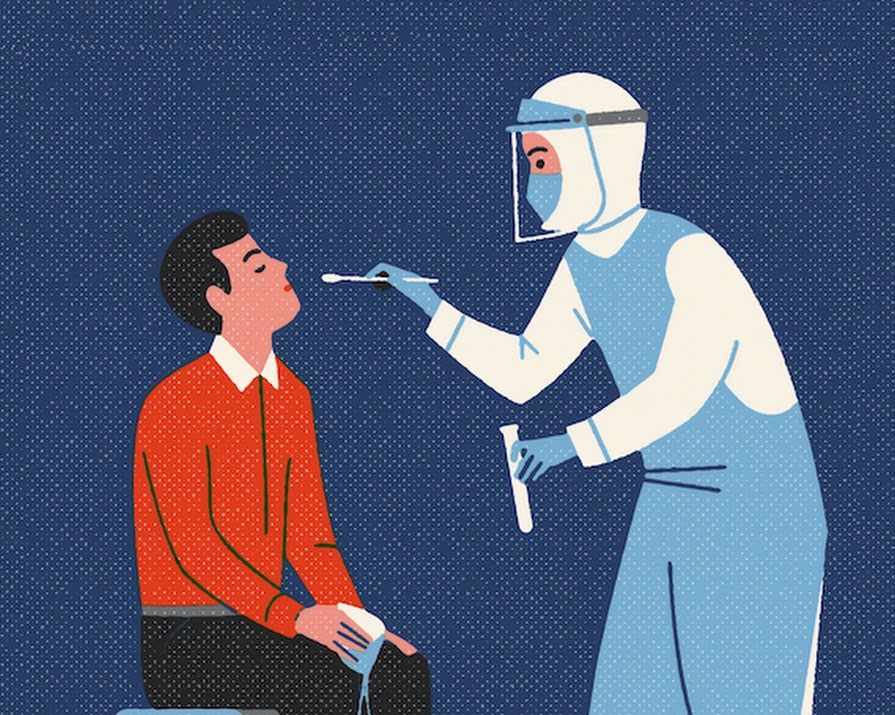
By Jennifer McShane
25th May 2020
25th May 2020
There were no new reported deaths from Covid-19 on Monday for the first day since March 21st
The Health Protection Surveillance Centre has today reported no new coronavirus deaths, a first since the pandemic spread to Ireland, resulting in halting the country.
Taoiseach Leo Varadkar described today as “a significant milestone” as we start the process of re-opening the economy.
“This is a day of hope,” he tweeted. “We will prevail.”
Minister for Health Simon Harris added that we were making “real progress”.
We are making real progress in our fight against #Covid19. But not by accident – it’s thanks to you & to our public health experts, our incredible frontline staff, our national plan & everyone on Team Ireland. Let’s keep at it, keep to the plan, follow the advice & save lives ?
— Simon Harris TD (@SimonHarrisTD) May 25, 2020
The total number of Covid-19 related deaths in Ireland stays at 1,606.
Members of the emergency health team said there were 59 more cases reported, bringing the total to 24,698.
Chief medical officer Dr Tony Holohan said the developments indicated we have “suppressed Covid-19” as a country.
“We haven’t had zero for some time,” he said but cautioned to stay with public health advice and the compliance to this would be key as we move through the lockdown phases.
“Constant review”
The development comes amid debate about whether the social distancing rules should be eased further.
He said that the State’s National Public Health Emergency Team (NPHET) kept this “under constant review” but felt that two metres was “a reasonable compromise given where we are”.
The two-metre guidance was, like wearing face coverings, “not a magic thing on its own”.
“The measure of two metres does not mean that everything is safe outside of two metres and everything less than two metres is less safe — it is a risk,” he said.
Answering questions based on their “cautious, risk-based” approach to the phasing of the opening the economy, he said the road map was “not a rigid structure like a constitution that is either difficult to change or can’t be changed,” he said, but said re-introducing restrictions, should it come to that, will be a tougher challenge.
“If we go too fast and have to go backwards, we think that will be a bigger challenge than making the progress we’ve set out so far,” he said.
He explained NPHET would be assessing hospitalisation rates, ICU admissions and new case numbers early next week to decide whether to ease restrictions as planned. “Even if there was an increase in new cases it doesn’t necessarily mean that things are not working,” he said.
“One of the things that is going to happen as we ease restrictions, as we increase the amount of economic and social activity, we are going to have more clusters of this,” he said.
Main photograph: Unsplash
Related: Travel bubbles: what foreign holidays could look like after Covid-19
Related: ‘The world has adjusted to our normal’ – how it feels to have a child with special needs during Covid-19
Related: Mary Robinson: ‘Covid-19 will exacerbate the problems of inequality and conflict’

